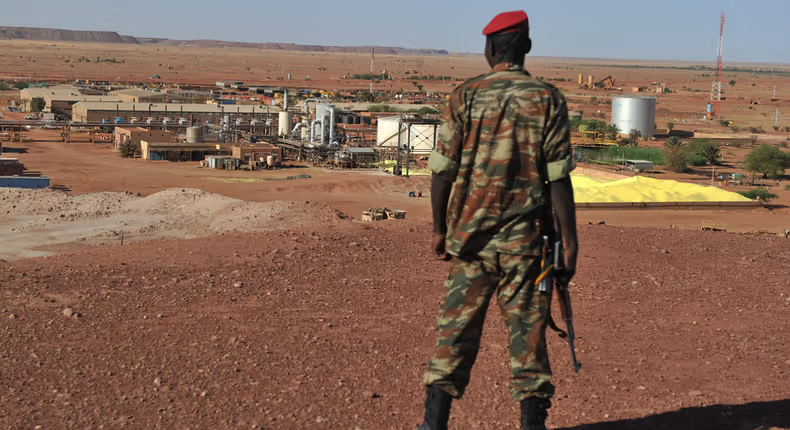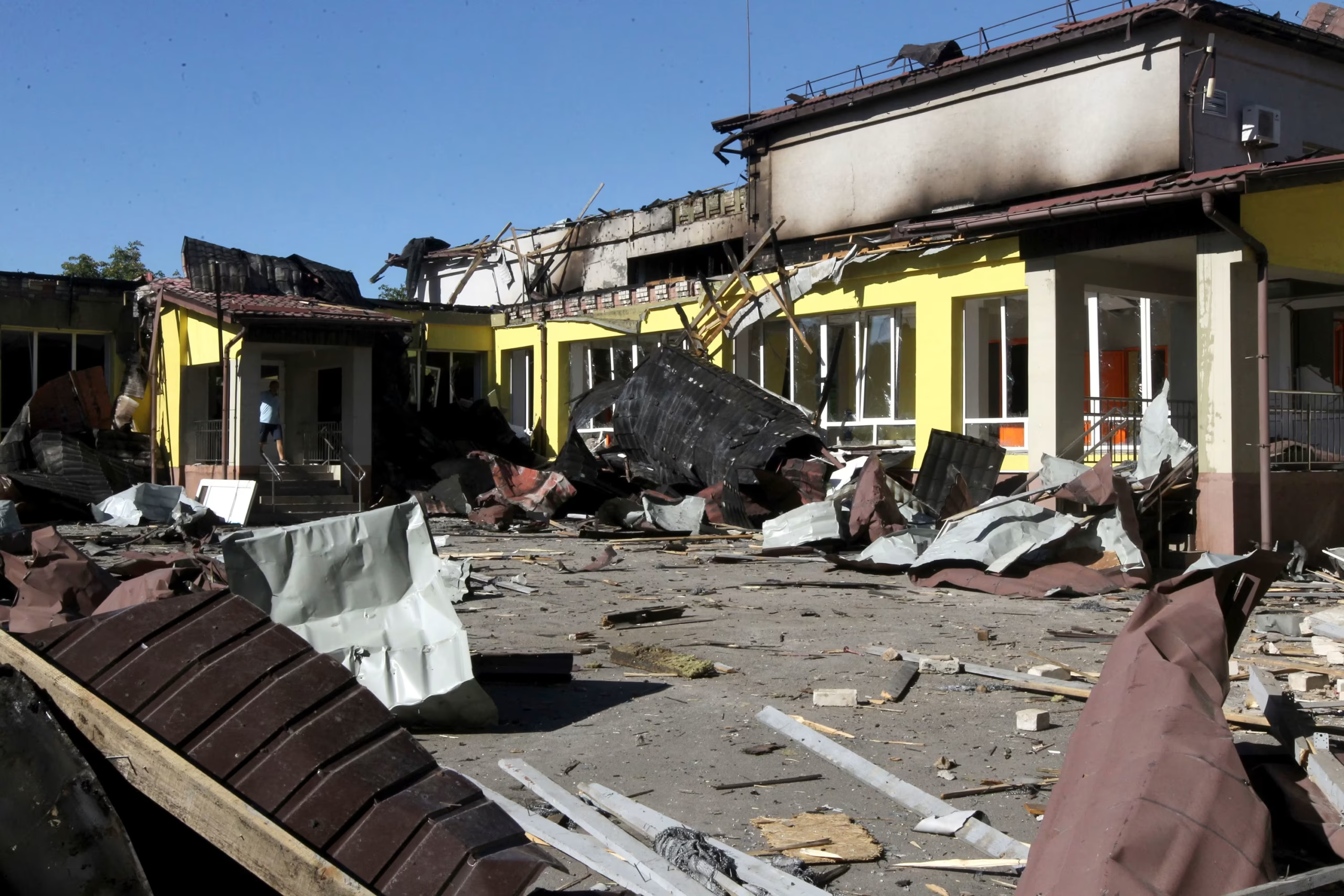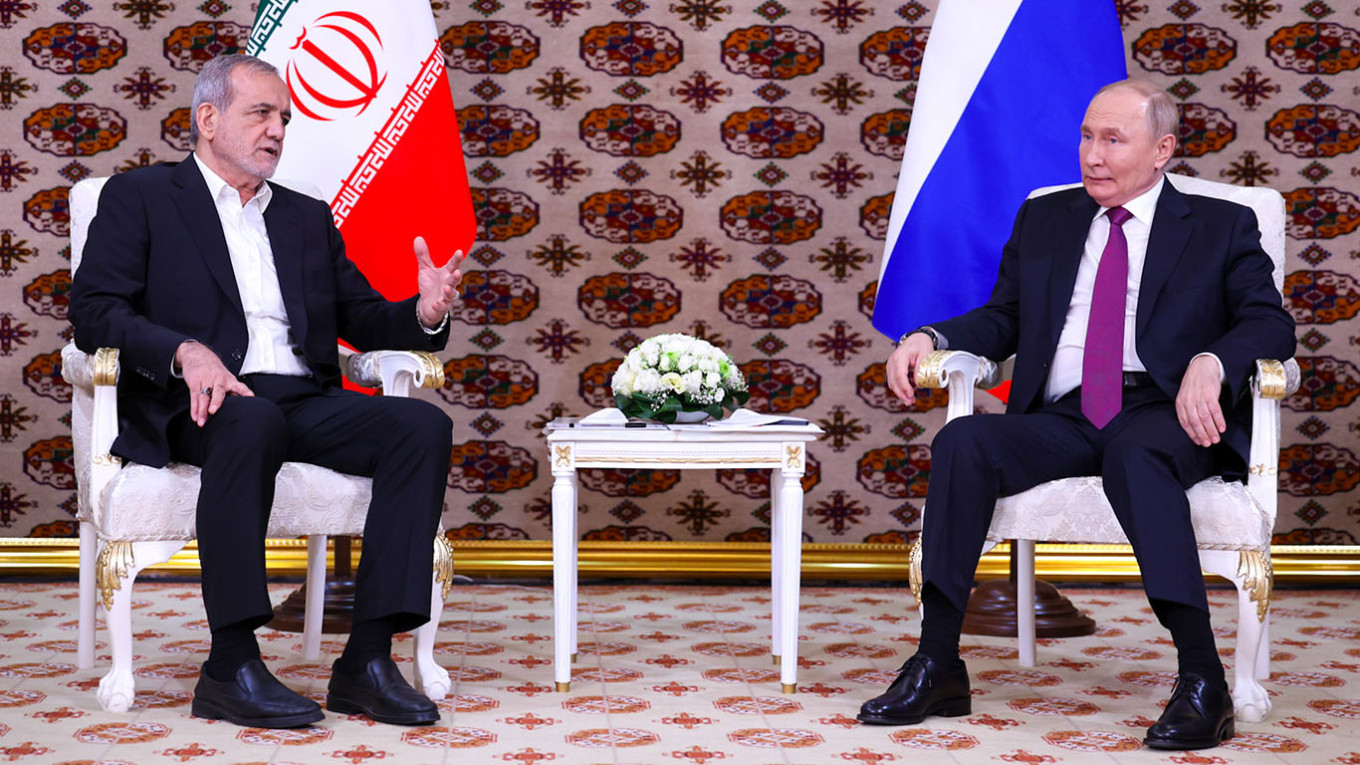Russia has stepped up its presence in West Africa with a strategic offer to build a nuclear power plant in Niger, aiming to weaken France’s decades-long dominance in the country’s uranium sector. The proposal comes as Niger’s military-led government seeks new alliances after cutting long-standing political and economic ties with Paris.
Despite being one of the world’s top uranium producers, Niger continues to suffer from widespread electricity shortages. For years, raw uranium from Niger was exported to France and processed abroad, leaving the country dependent on imports for energy while fueling France’s nuclear industry. Moscow’s plan offers a different model by promising to help Niger use its uranium domestically to generate power, potentially reshaping its energy future.
Russia’s state nuclear company Rosatom is leading the discussions, building on similar agreements already signed with Mali and Burkina Faso. The deal would include not only the construction of a power plant but also research facilities, training, and fuel supply—presenting Russia as a full development partner rather than just an extractor of raw materials.
Meanwhile, Niger has moved to assert stronger control over its resources. The government recently nationalized key uranium assets and tightened contracts with Orano, France’s nuclear giant, signaling its determination to reduce dependence on former colonial ties.
Analysts say the Russian proposal could help Niger meet its pressing energy needs while aligning with a broader shift across the Sahel, where military governments are turning away from Western influence and embracing new partners. However, experts caution that building and maintaining nuclear facilities in a region facing political instability and security threats poses serious challenges, from financing and infrastructure to safety and regulatory oversight.
The nuclear power proposal is more than just an energy deal—it is a geopolitical move that highlights Russia’s growing ambitions in Africa and the continuing decline of French influence in the Sahel. For Niger, it represents both an opportunity for energy independence and a test of how it manages its resources in a rapidly changing world.





